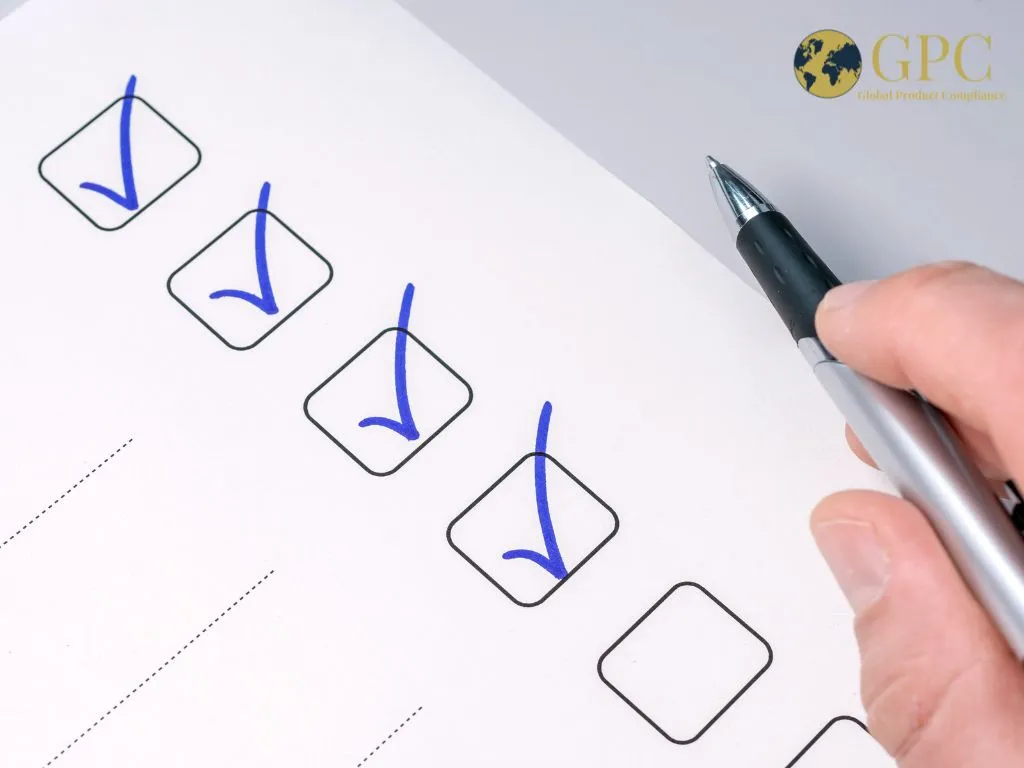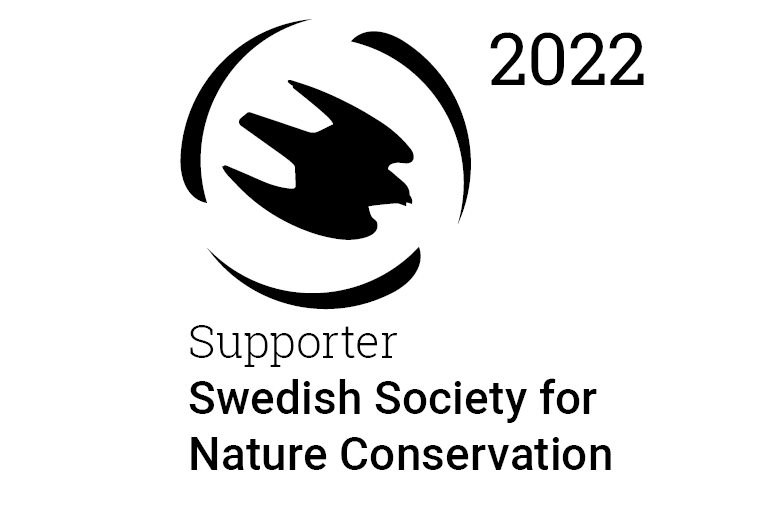- Home
- News Details
News Details

Argentina Australia and the US comment on lithium classification proposals
2022-10-12 Reference source :
ECHA Electrical & electronics Product classification
In August the European battery industry was joined by Argentina, Australia, and the US in warning against classification of Lithium compounds under the EU’s CLP. Their statements were sent to the Competent Authorities for REACH and CLP to examine the socio-economic and supply concerns.
In July 2021, the European Commission was requested to cover the potential impact of classification of three lithium compounds. Later in September 2021 the Risk Assessment Committee (RAC) of the European Chemicals Agency (ECHA) accepted a French proposal on classification of lithium salts into Category 1A (Reproductive toxicity).
Three Lithium salts were categorized with no existing entry in Annex VI of the Classification, Labelling and Packaging regulation (CLP):
-
Lithium chloride - used widely in battery production
-
Lithium hydroxide - used widely in battery production
-
Lithium carbonate - used to produce lithium salt and to manufacture aluminum
-
Australia is the largest producer of lithium concentrate. According to a CARACAL (Competent Authorities for REACH and CLP Comment from the Australian Mission to the EU, Australia is willing to work with the European Commission to clarify that the classification of lithium salts as 1A reproductive toxicant "does not inadvertently impede our shared interest to support the development and expansion of clean energy supply chains".
-
Argentina warned that the 1A classification could affect in many ways such as increasing regulatory uncertainty, deterring new investments, increasing the administrative burden, and increasing the costs for the whole battery supply chain. In a letter it said that "1A classification could negatively impact Argentina and the European Union’s strategic objectives regarding lithium salts and lithium batteries and their role in achieving our shared climate goals".
-
The US department of Commerce asked the EU commission to pay attention to their concerns on "uncertainties in risk management measures, which could have adverse effects on global lithium supply chains".
The EU listed lithium as a critical material in 2020. It is one of the most prominent minerals for clean energy transitions, according to a 2022 report on world energy investment by the International Energy Authority (IEA). IEA data suggests that demand could increase by over 40 times by 2040.
We acknowledge that the above information has been compiled from .
Global Product Compliance (GPC) specializes in Global Regulatory Compliance Solutions across sectors
globally. SSS Europe, a familiar name in chemical regulatory and compliance services now formally belongs
under the umbrella of GPC Holding Sweden.
Since 2008, we have emerged as one of the leading names among Global Regulatory Compliance Service
Providers with Representation services in Europe, Asia and Middle East for respective chemical
regulations.


